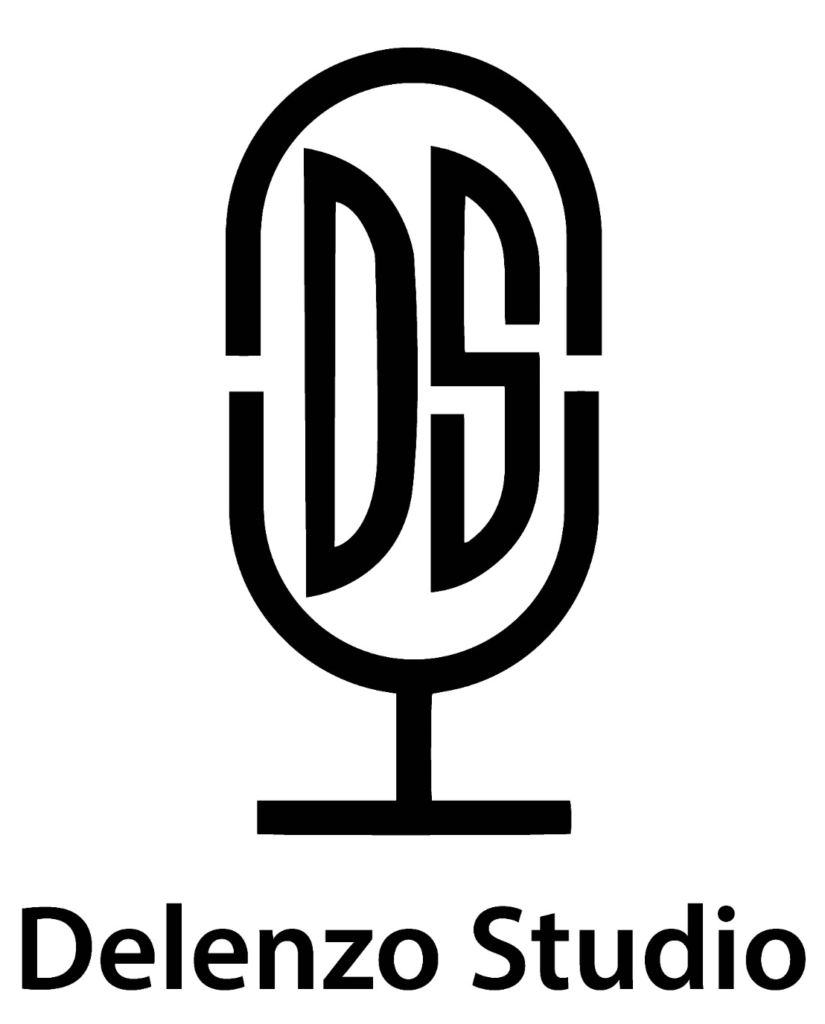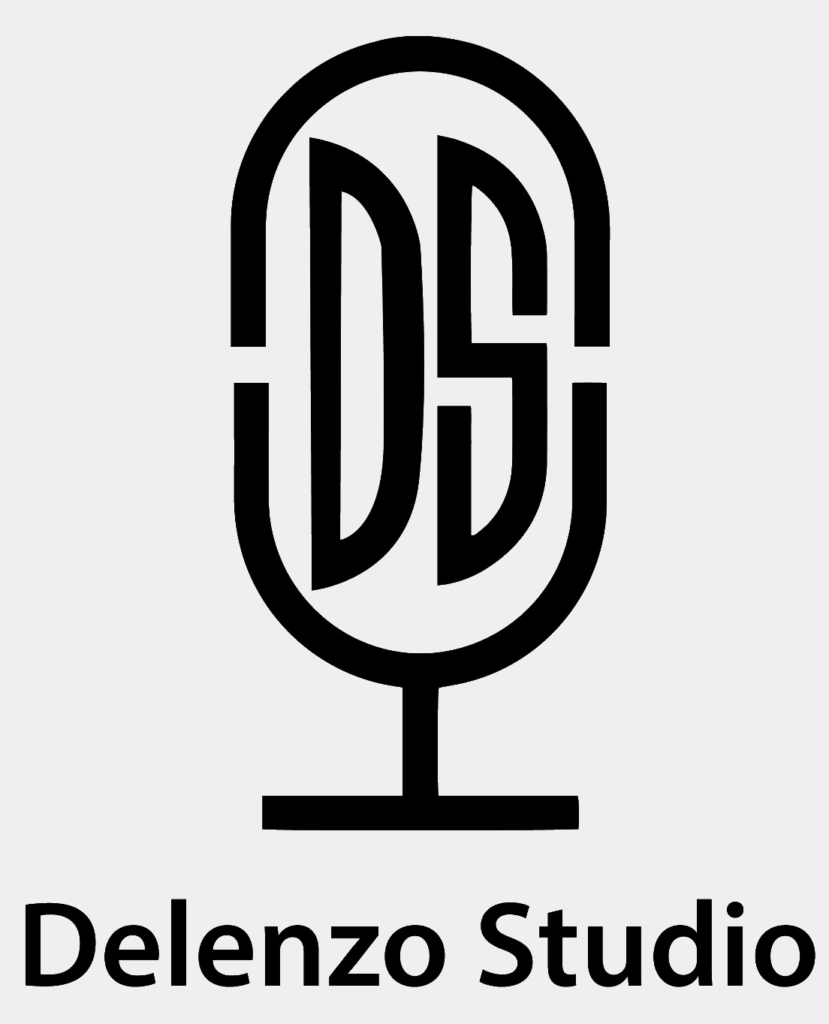Start a podcast in 2025? You’re diving into one of the hottest trends of the decade! With podcasting exploding as a must-have platform for entertainment, business growth, and education, it’s the perfect time to ride the wave and connect with your audience like never before.
But hey, creating a successful podcast isn’t just about hitting the record button. Instead, it’s all about planning! From nailing down your unique concept to choosing the right equipment and mastering your editing skills, each step shapes your podcast’s future.
The future of podcasting is bright, with creators exploring everything from immersive storytelling to interactive episodes. So, want your voice to be part of this booming podcast trend? This comprehensive guide will take you through every step of the process in 2025, from brainstorming how to start a podcast. To publish your episodes that grab ears and hearts.
Developing a Podcast Concept
To structure your podcast effectively, it’s crucial to develop a solid concept that resonates with your audience. Your podcast’s concept will shape the overall direction of the content and define the types of topics you’ll cover.
Consider the following:
- Target Audience: Who do you want to reach? Know their interests, ages, and preferences.
- Content Type: Is it informative, interview-based, storytelling, or comedy? Make sure your concept aligns with your podcast’s purpose.
Defining Your Goals
A successful podcast doesn’t happen overnight. Therefore, establish clear, measurable goals for your podcast:
- Reach: How many listeners do you want to attract?
- Engagement: Will you encourage listeners to leave reviews, comments, or share episodes?
- Monetization: Do you aim to monetize through sponsorships, ads, or premium content?
By defining goals early, you can measure your podcast’s growth and plan accordingly. The future of podcasting is bright, with opportunities for growth in audience engagement and monetization avenues like brand partnerships and ads.
Pick a Podcast Theme or Topic
Choosing a podcast theme is a key step. The theme should resonate with you and your target audience. A niche subject often works best, as it helps you stand out in a crowded market. For example, a podcast about tech innovations, mental health, or true crime can attract a dedicated following.
Make It Specific
The more specific your podcast’s focus, the more appealing it will be to listeners who are deeply interested in that subject. A broad topic like “sports” can be diluted and lose interest over time. Instead, try “basketball strategy” or “female athletes in sports” for a more engaged audience.
Name Your Podcast
A catchy name helps your podcast stand out. Moreover, choose something that reflects your podcast’s theme and is easy to remember. Ensure it’s short and search-friendly. Avoid using names that are too similar to other podcasts to avoid confusion.
Choose Your Podcast Format
Podcast formats are essential because they dictate how your episodes flow. There are several common podcast formats you can choose from:
- Interview: Invite guests to discuss topics in-depth.
- Solo: Share personal thoughts, research, or storytelling.
- Panel Discussion: A group discusses various topics, bringing multiple perspectives.
- Narrative: Telling a story over multiple episodes, often in a serial format.
Additionally, be sure to consider your audio file format. Most podcasts are recorded in MP3 for easy sharing and downloading. Ensure you choose a quality file format that offers clarity and smooth transitions.
Optimal Podcast Episode Length
The ideal podcast episode length depends on your audience and format. Generally, podcasts run anywhere from 15 minutes to an hour. Research shows that 20-30 minutes is ideal for listeners who want concise content without sacrificing depth.
Podcast Publishing Schedule
A consistent publishing schedule helps grow your audience. In fact, research suggests that podcasts that release episodes weekly on the same day retain more listeners. Aim for a gap of about 7 days between episodes to give your audience time to listen and engage. A regular schedule helps create anticipation.
Setting Up Podcast Recording Equipment
A podcast setup doesn’t require much expensive equipment, but the right tools can make all the difference in your sound quality. Therefore, invest in podcast equipment like:
- Microphone: The cornerstone of any podcast setup. Popular choices include the Blue Yeti or Audio-Technica AT2020.
- Headphones: For monitoring your sound while recording.
- Pop Filter: To reduce harsh sounds, like plosives.
- Audio Interface: For connecting your microphone to your computer.
Setting up the right recording equipment will ensure your podcast sounds professional.
Best Podcast Microphones
The best podcast microphones are those that suit your needs and budget. For instance, popular choices for podcasters include:
- PodMic: The PodMic delivers rich sound, minimizes noise, and offers easy positioning, perfect for podcasts, live streams, and vocal content. This mic is ideal for beginners.
- Shure SM7B: A high-end dynamic microphone loved by professionals.
- Audio-Technica AT2020: Known for its affordability and sound quality.
Each of these microphones offers different features, so choose one based on your recording environment and experience level.
Choose Your Podcast Software
You’ll need software to record and edit your podcast. Here are a few of the best options:
- Audacity: Free and open-source, Audacity is an excellent tool for beginners.
- Adobe Audition: Professional-level audio editing with advanced features.
- Movie Studio: A versatile option that caters to both video and audio needs.
These tools offer everything from simple recording features to in-depth editing and sound enhancement.
Record Your First Episode
Once you’ve set up everything, it’s time to record your first episode. To start, begin with a solid podcast outline. Your outline should contain key talking points and transitions. Avoid common podcasting mistakes such as:
- Speaking too fast or too slow.
- Overloading the episode with too much content.
- Failing to check the sound quality beforehand.
Your first episode doesn’t need to be perfect, but it should be engaging and give listeners a reason to return.
Pick a Good Place to Record
Choosing the right recording space is crucial for clear sound quality—record in a quiet room with minimal background noise. Consider using foam panels to reduce echoes. A soundproofed environment can dramatically improve the audio quality.
Set Up Your Recording Equipment and Software
Ensure your podcast camera, mic, and headphones are all connected and working correctly before you begin recording. The recording setup should be tested at least once before your first episode to ensure everything runs smoothly.
Edit Your Audio
After recording, it’s time to edit the audio for clarity and quality. Tools like Audacity and Adobe Audition can help:
- Remove unnecessary pauses.
- Add intro and outro music.
- Cut out distractions or background noise.
Create an Engaging Intro and Outro
A strong intro and outro are essential for branding your podcast. Specifically, make your intro concise and attention-grabbing, and ensure the outro includes calls-to-action, like encouraging listeners to subscribe or leave a review.
Edit for Content, Then Distractions
When editing, initially focus on the content and remove anything irrelevant or off-topic. Then, edit for distractions like background noise, awkward pauses, and repetitive phrases.
Fade Between Tracks to Remove Unwanted Noise
Use audio editing software to apply fade-ins and fade-outs between tracks. Additionally, this smooths out the transitions and removes any sudden noise that might disrupt the listener’s experience.
Export Audio File
Once you’ve completed your edits, finally export your audio file in the appropriate format (usually MP3) for uploading to your podcast host. Ensure the quality is high enough for clarity and detail.
Final Thoughts
Starting a podcast in 2025 is an exciting opportunity to join the booming podcast trend. With the right podcast equipment and a clear concept, anyone can create a successful show. Remember, consistency is key; publishing regularly and engaging with your audience will help you grow. Invest in quality podcast microphones to ensure a clear sound. Ultimately, your dedication to crafting a great podcast setup will lead to success in the ever-evolving future of podcasting.
So, are you ready to enter a podcast game? Delenzo Studio’s got the vibe, the gear, and the professional setup you need to make your show pop!
FAQs
The future of podcasting trends to watch in 2025 is more people tuning in for convenient content. We expect the rise of niche podcasts, greater accessibility, and improved monetization opportunities.
Yes, the podcast industry is experiencing rapid growth, with more people discovering and engaging with podcasts daily. It’s becoming a mainstream platform for entertainment, education, and business.
Absolutely! Podcasts make money through sponsorships, ads, crowdfunding, affiliate marketing, and selling products. The key to monetization is having a loyal and engaged audience.
It depends on your goals; which is better, a YouTube channel or a podcast? YouTube is visual, while podcasts are auditory. If you’re looking for a platform to connect with your audience through audio content, podcasting is ideal. However, YouTube offers more significant opportunities for visual content and video monetization.

